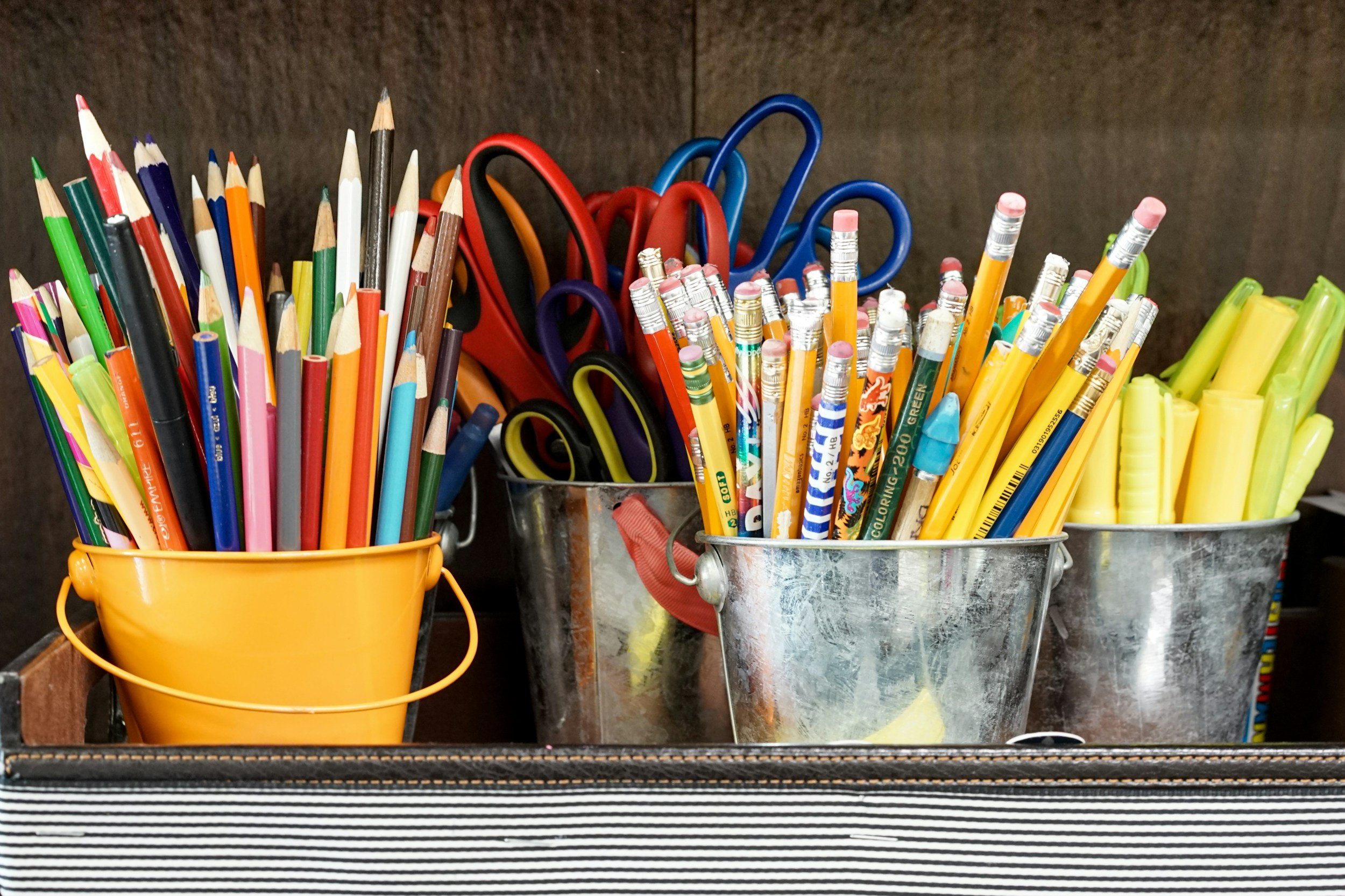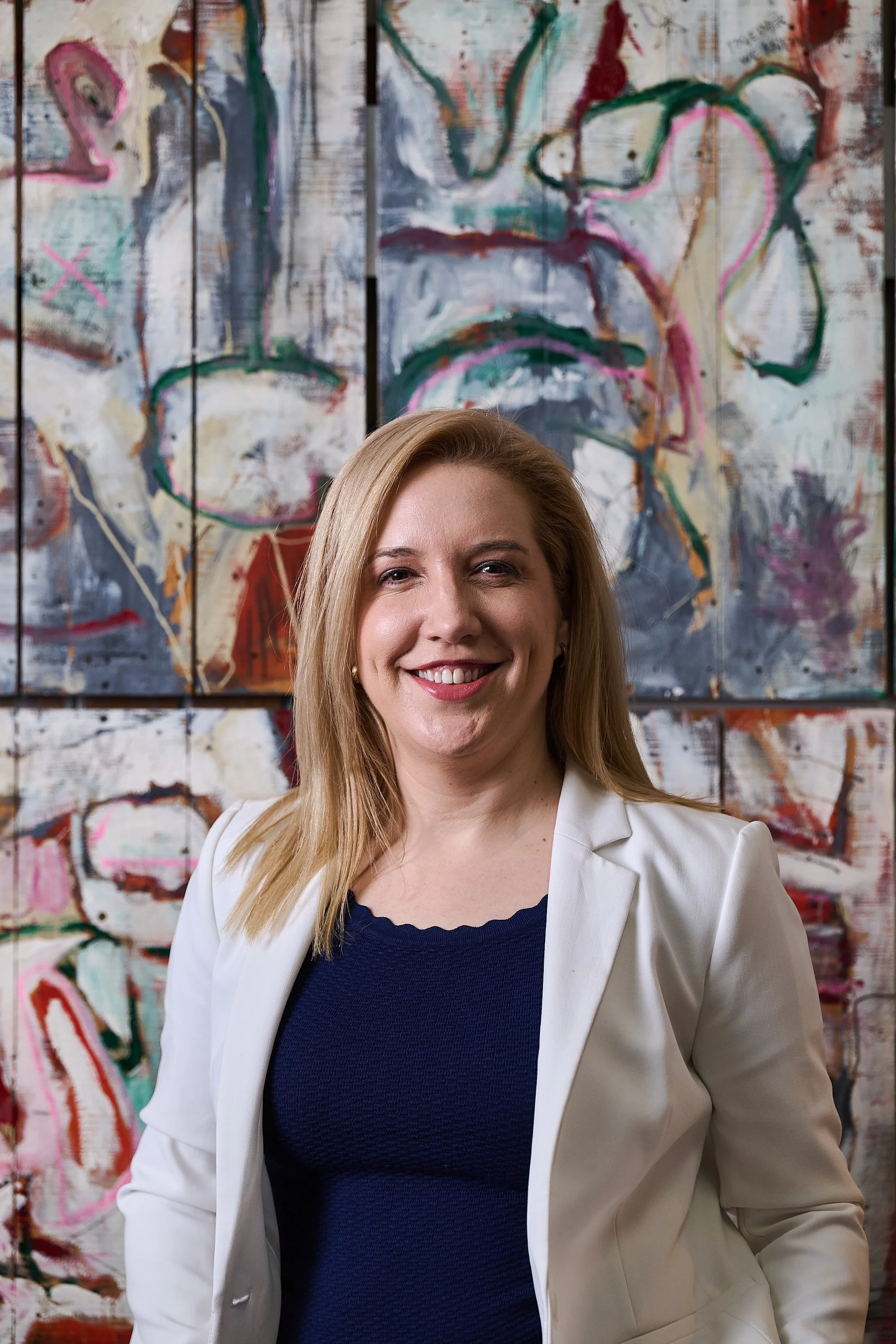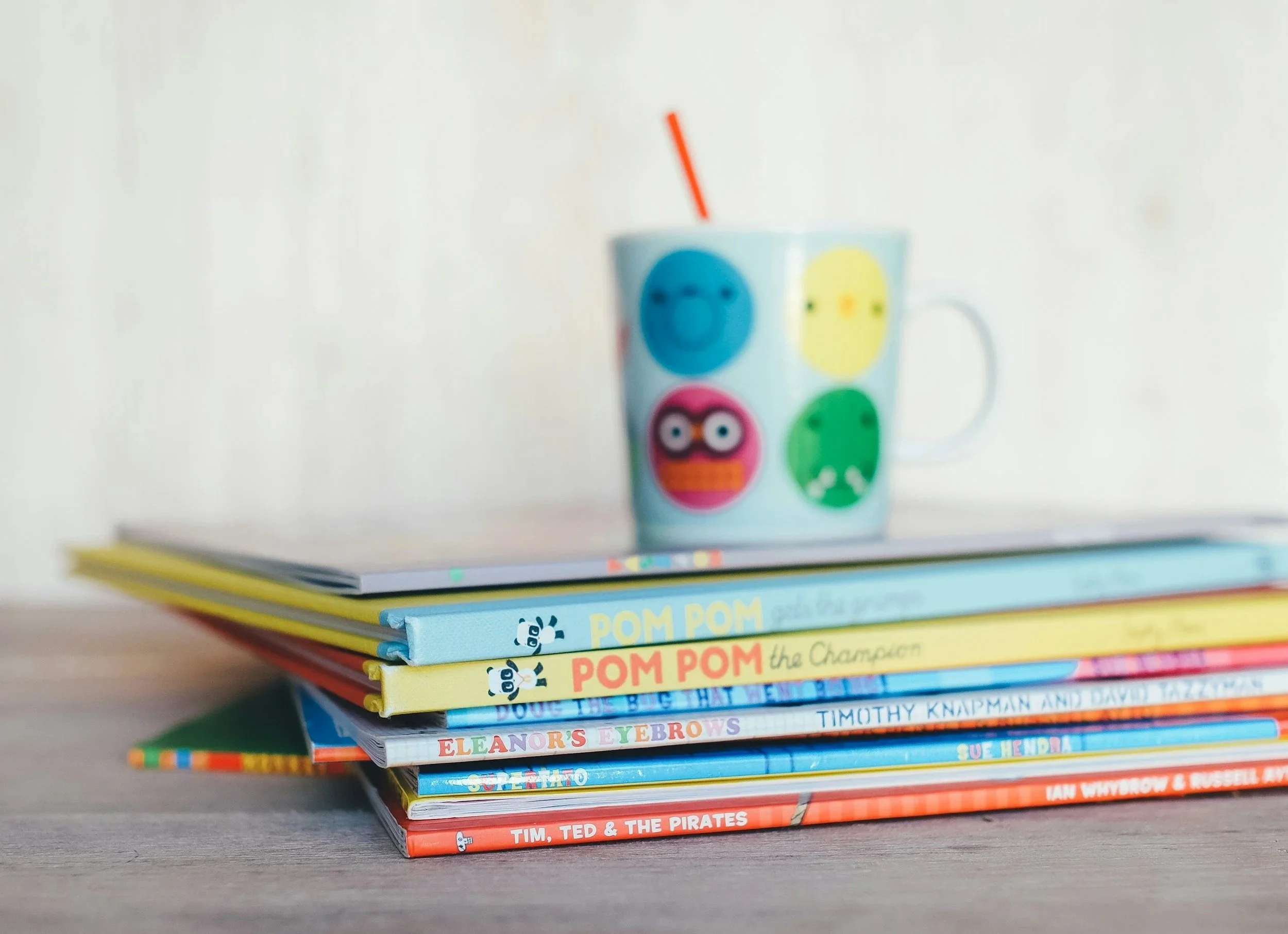
Flexischools Insights
Insights for parents and our school communities.
Flexischools parents share: Top tips for children starting school
We recently asked Flexischools parents for their top tips to support little ones as they start their journey through school. Here are our top 5 favourites!
Win $50 for your Flexischools wallet!
The next few weeks will see some excited and nervous kids starting school across Australia, and we'd love to share your top tips for a smooth transition to school.
Best tips for starting Kindergarten
We share some of our tips to support you and your family, as your little one starts their school journey.
Here’s how FLX makes back-to-school easier
FLX®, the prepaid Mastercard® and savings app for your kids is here to make the 2026 school year simpler. Find out how.
Winners announced: Top tips for the school holidays!
We asked our parent community for their top school holiday hacks - here are the top five tips, who each received $50 into their Flexischools wallet!
CEO End-of-Year Message
Our CEO, Rachel Debeck, shares her highlights fron 2025, as well as a look ahead for 2026.
Submit your top school holidays tip for the chance to win!
With the festive period just around the corner, we want to hear your top school holidays tips! Submit your best hack for the chance to win $50 in your Flexischools wallet.
Case Study: Book Week themed fun
Is Book Week on your radar? Here's how Wamberal Public School's P&C-run canteen found a creative and delicious way to bring the school community together. Check out the case study.
School Holidays Made Easy – Parent Tips
As we head into the end of term, we’ve pulled together some top tips for navigating school holidays, and setting your family up for a successful Term 3!
Save Your P&C Hours Every Week, with Flexischools
Many P&C groups hesitate to switch to a digital platform because they worry it will be a big task.. But what if you knew it could take just a few hours now, and save your team dozens later? We break down how fast and simple it can be to join Flexischools, so you can significantly cut down on waste and repetitive admin, reduce errors, and future-proof your P&C for changing volunteers— make it easier for everyone involved, year after year.
Back to School | Our Winner’s Tips
Recently, we asked our parents for their top tips for a smooth transition back to school after school holidays. From clever ways to organise a household, meal planning suggestions, and thoughtful ideas to connect with your children, there were some great ideas!
Why You Can Trust Flexischools: A Proven Partner for Schools and Families
Discover why thousands of Australian schools, P&Cs and families trust Flexischools. Secure payments, local support, and acommunity-driven approach.
Top 8 Tips For a Smooth Start to Term
Start term 2 on the right foot. We’ve put together a quick checklist of 8 things you can do that will help you and your family ease back into the school routine.
3 Easy Ways to Celebrate Mother’s Day – with Flexischools
We share three easy ways your school can show appreciation and celebrate Mother’s Day this year.
Streamline School Fundraising with Flexischools
Flexischools makes school fundraising effortless. From ticket sales to pre-orders, manage events seamlessly while boosting school fundraising.
How to Run a Successful School Canteen
Learn how to run a successful school canteen or tuckshop. From understanding regulations to using online ordering, discover how to create a canteen that benefits everyone.
Flexischools Online Uniform Shop For Schools
Flexischools online uniform shop helps keep track of stock, reduces admin and cash handling, and parents can order online, anytime. Find out more.
Top Benefits of Moving Your School Canteen Online
Explore the advantages of transitioning to an online canteen app for your school. Learn how it saves time, reduces food waste, and enhances flexibility - improving operations and parent satisfaction.
Flexischools: The All-in-One App Making Life Easier for Schools and Parents
Discover how Flexischools streamlines school life with a convenient online canteen portal, easy uniform ordering, and integrated fundraising. Simplify admin, save time, and keep parents connected in one app.
5 quick and healthy canteen food ideas
Are you looking for some fresh new items for your healthy canteen menu? We share some ideas for child approved menu ideas.



















